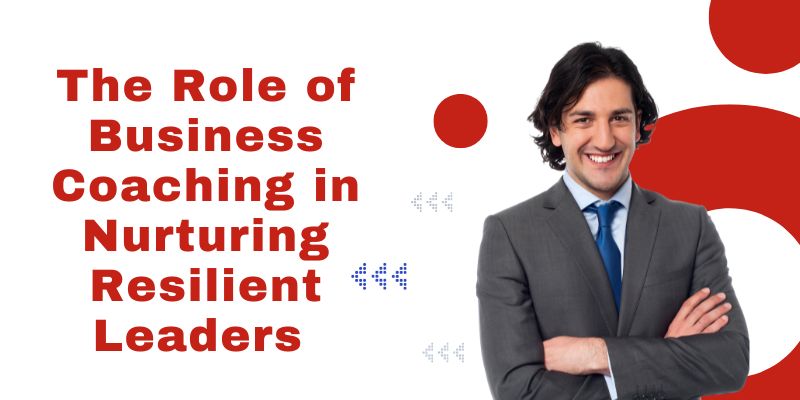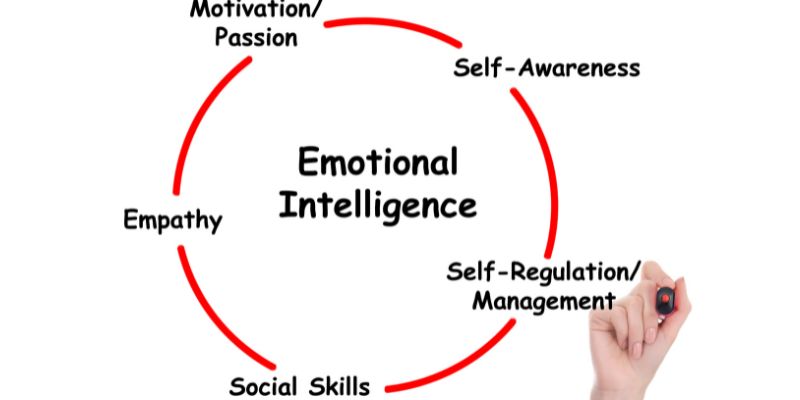Navigating the Divine Blueprint of Masculinity

The role of men, as set forth by God, stands as a testament to divine design in the vast tapestry of human existence. However, societal interpretations frequently overshadow this sacred role, diverting many people from their God-given purpose. As we delve deeper, it’s essential to understand the spiritual foundation of manhood.
The Spiritual Foundation of Manhood

Throughout history, men have been called upon to lead, protect, and provide. This isn’t a mere societal expectation but a divine mandate. The challenges and responsibilities of this role are profound, requiring men to constantly align themselves with God’s vision.
My name is Gordon Grigg, and I am a male mentor from Nashville, Tennessee. Through my interactions, a recurring sentiment stands out: “Being a man, as ordained by God, is both a privilege and a challenge.”
But what does this mean in today’s world?
The Greater Manchester Insight: A Reflection of a Global Challenge
A poignant statement from a young adult probation manager in central Manchester struck a chord: “Many of them get into fights because someone looks at them wrong. It’s their understanding of what being a man means.” The Greater Manchester report, detailing the experiences of over 350 individuals, reveals a concerning trend.
Young men, influenced more by societal pressures than divine guidance, are increasingly involved in violent crime. This isn’t a Manchester-exclusive trend; it’s a reflection of a global challenge. But how can we address this?
By understanding the three pillars of godly manhood,
The Three Pillars: Warrior, Protector, and Provider
Transitioning from societal definitions to a more divine understanding of masculinity, we encounter three foundational pillars defining manhood’s essence.
The Warrior Spirit

Delving into the First Pillar: The essence of the warrior spirit transcends the realm of physical combat. It’s deeply rooted in spiritual warfare and the display of moral courage.
Example: Take, for instance, David from the Bible. While many remember him for his triumphant battle against Goliath, his unwavering faith in God was the true testament to his warrior spirit. Facing immense challenges, such as being relentlessly pursued by King Saul, David’s decision not to harm Saul epitomized moral courage and integrity.
In contemporary Times, The warrior spirit manifests in those who bravely confront societal injustices, even when it means going against the grain. It embodies the courage to voice the truth, champion the vulnerable, and steadfastly uphold one’s values amidst challenges.
Modern Example: Picture a young man who opts to intervene upon witnessing bullying in his school. Instead of resorting to violence, he reports the incident and stands by the victim, exemplifying the true warrior spirit.
The Protector’s Role

Venturing into the Second Pillar: The role of a protector is multifaceted. It’s about warding off physical threats and safeguarding emotional, spiritual, and mental well-being.
Example: Reflect on Job from biblical narratives. His protective nature was evident when he prayed for his children and made sacrifices for them, deeply concerned about their spiritual welfare.
In the Modern Context: A protector acts as a shield, ensuring his family remains untouched by detrimental influences. This could involve monitoring media consumption, ensuring online safety, or guiding them through life’s myriad challenges.
Modern Example: Imagine a father who proactively addresses the perils of substance abuse with his teenager, offering both guidance and unwavering support. Such actions encapsulate the essence of the protector’s role.
The Provider’s Mandate

Exploring the Third Pillar: The provider’s role is expansive, moving beyond just catering to material needs to ensuring spiritual and emotional sustenance.
Example: Abraham, revered as the patriarch of the Abrahamic religions, was more than just a provider of material wealth. He was a spiritual beacon, laying down the spiritual path for generations to come.
In Today’s World: Being a provider is about nurturing the holistic growth of the family. It involves imparting core values, fostering resilience, and maintaining a strong connection to faith.
Modern Example: Consider a father who places a premium on family prayer sessions, engages in profound discussions about faith and values with her offspring, and ensures they receive religious education. Such actions resonate with the true mandate of a provider.
In Conclusion: By internalizing and living out these three pillars, men can realign with the divine blueprint of masculinity, ensuring they embrace their God-given roles in the fullest sense.
With these pillars in mind, let’s explore the real-life consequences of misunderstanding masculinity.
The Real-Life Consequences
Misunderstanding masculinity can lead to mental health struggles, difficulty in forming deep relationships, and even becoming perpetrators or victims of violence. As a guide to godly manhood, I’ve witnessed these repercussions firsthand. But in the digital age, these challenges are amplified.
The Digital Age: A Test of Faith

While the digital era offers numerous advantages, it also presents challenges, especially for young men trying to reconcile their divine roles with societal pressures. Social media platforms amplify societal norms, often overshadowing the sacred roles of warrior, protector, and provider. So, what’s the way forward?
The Way Forward: Embracing Divine Masculinity
Community-driven initiatives rooted in spiritual teachings can make a significant difference. Programs like “Becoming a Man” in Chicago have shown promise. Tailoring such programs to resonate with divine teachings can pave the way for a deeper understanding of masculinity. As we conclude, let’s reflect on the transformative power of spiritual guidance.
The Transformative Power of Spiritual Guidance
In my years of guiding men, the challenges they face are multifaceted. The societal pressures and the digital age’s nuances make understanding godly manhood even more crucial. Having spiritual guidance in today’s world can be transformative. If you or someone you know seeks guidance, direction, or a listening ear, I’m here to help.
Why Do Men Need Mentors?

In my years of mentoring, I’ve consistently observed that men’s challenges are multifaceted and ever-evolving. The societal pressures, combined with the unique challenges of the digital age, have made navigating manhood more intricate than ever before.
Having a mentor, especially in today’s complex world, can be transformative. A mentor offers guidance, lends a listening ear, and serves as a beacon of hope. Men often question identity, purpose, and self-worth regardless of age. Having someone who has walked the path, faced similar challenges, and emerged stronger can be invaluable.
The Importance of Mentors in Embracing the Three Pillars: Warrior, Protector, and Provider
Warrior’s Safe Haven: In a society where men are often told to “man up” and hide their feelings, mentors act as a sanctuary. They provide a space where men can express themselves openly, embracing the true essence of the warrior spirit – courage, integrity, and moral strength.
Protector’s Guide: Life is filled with personal and societal challenges. A mentor, embodying the protector’s role, offers wisdom, advice, and strategies to shield and guide men through these complexities. They teach men how to guard themselves and their loved ones from life’s adversities.
Provider’s Support System: Building resilience is crucial. With the backing of a mentor, men learn to face difficulties head-on, growing stronger in character. This aligns with the provider’s mandate of ensuring emotional and spiritual nourishment. A mentor helps men realize that their role as a provider goes beyond material needs; it’s about imparting values, wisdom, and guidance.
Redefining Masculinity: Beyond the three pillars, a mentor aids men in understanding that genuine masculinity is about authenticity, empathy, and integrity. It’s not about fitting into societal boxes but about being true to oneself.
As Gordon Grigg, my life’s mission is to mentor men, guiding them towards a future where they fully embrace their roles as warriors, protectors, and providers. My methods are grounded in empathy, understanding, and real-life experiences. I’m here to assist if you or someone you know is seeking guidance.
Taking the Leap: If the power of mentorship resonates with you and you’re in search of guidance, don’t hesitate to reach out. Let’s embark on this transformative journey of growth and self-realization together.
For more information or to get in touch, visit https://gordongrigg.com or call 615-630-9114.
Navigating the Divine Blueprint of Masculinity Read More »













